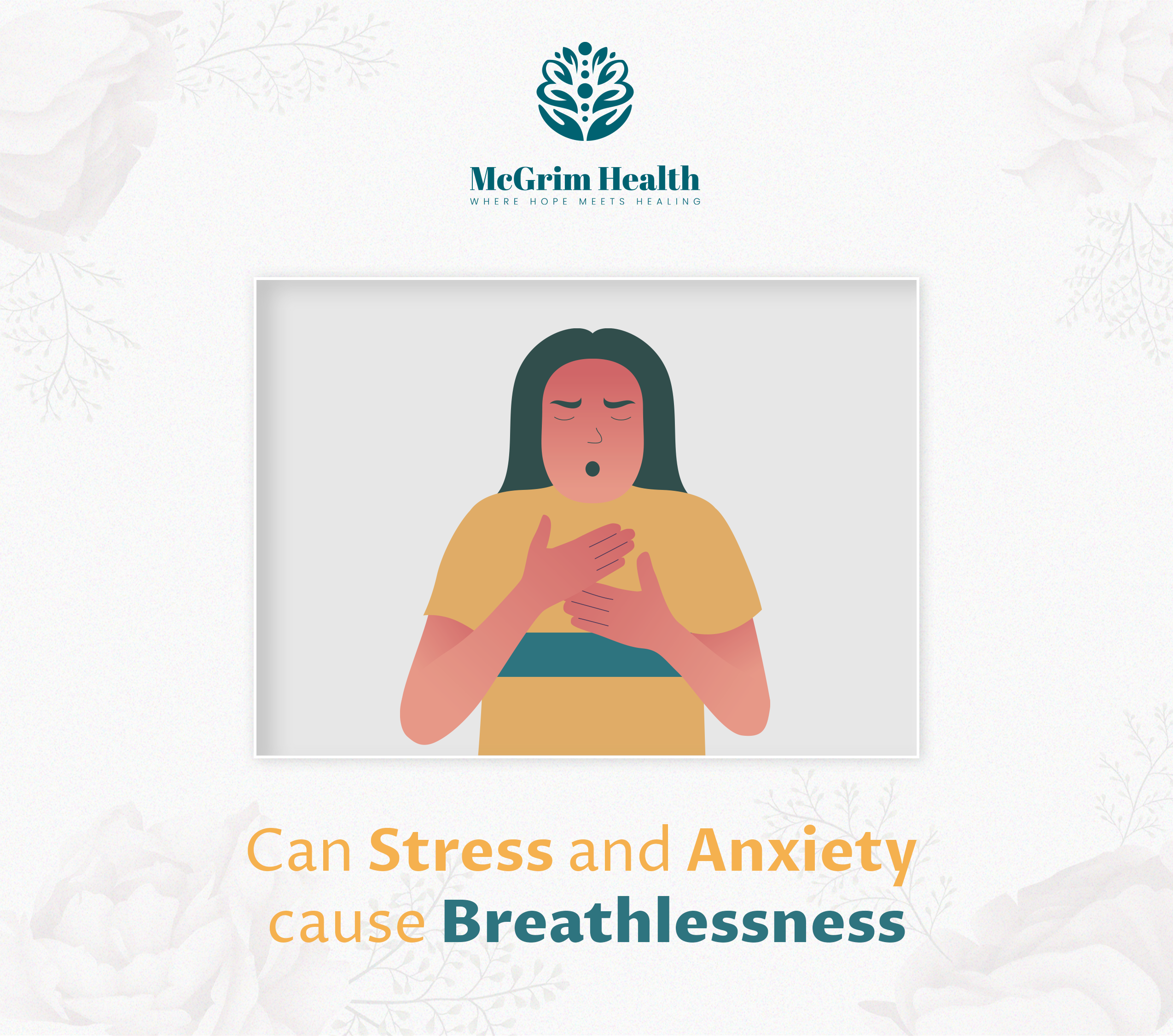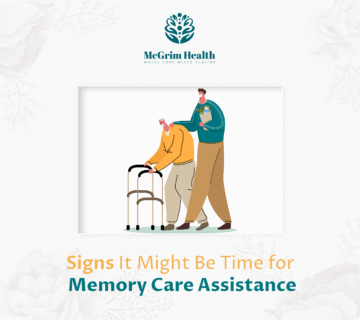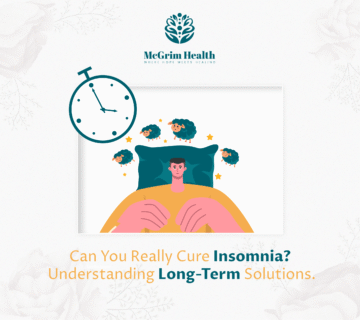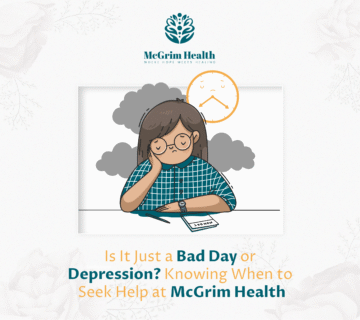Many people ask, can stress and anxiety cause breathlessness? Every person understands that stress and worry create feelings of disturbance and nervousness. The emotional state can obstruct breathing pathways.
Below, we will explain, through simple concepts, why breathlessness occurs due to stress and anxiety. Let’s get started!
What Is Stress and Anxiety?
Stress occurs when we face too much pressure. Our body reacts with worry when we feel excessive anxiety, even if there’s no clear cause.
The human body receives signals from stress and anxiety, which start inside the brain. The brain signals the body to prepare for defense. This happens in escape or combat situations. When this appears, it’s acknowledged as the fight-or-flight trigger.
- Heart beats faster
- Muscles become tense
- Breathing gets quick
These changes help us stay safe from danger. But these changes can feel scary when there is no real danger.
What Is Breathlessness?
The inability to catch a breath properly constitutes the condition of breathlessness. Breathlessness creates feelings of failure to take deep breaths, as if heavy pressure grips your chest area. Breathlessness causes fast, shallow breaths or trouble getting enough air.
Can Stress and Anxiety Cause Breathlessness?
Yes. Stress, together with anxiety, leads to breathlessness as a result. The human body releases the fight-or-flight response whenever someone experiences feelings of anxiety.
Although no danger exists, many physique-altering changes occur in the body because of this response.
Anxiety signals the brain to release adrenaline and cortisol. It leads to:
- Increased heart rate
- Muscle tension
- Rapid, shallow breathing
Rapid breathing at this time receives the medical name of hyperventilation. Breathlessness occurs regardless of normal oxygen levels during this form of unhealthy breathing.
Signs You Might Have Anxiety-Related Breathing Issues
- You frequently sigh or yawn when you’re anxious
- You feel like you cannot get enough air
- You worry that you’re forgetting how to breathe properly
- You experience tightness in your chest
- You catch yourself manually breathing instead of naturally
- You feel like you’re holding your breath without realizing it
All of these are symptoms of breath-holding anxiety.
Coughing from Anxiety and Other Unusual Symptoms
A cough often develops as a result of anxiety. Coughing occurs frequently during anxious situations because the airway becomes dry through hyperventilation or mouth breathing.
Other overlooked signs include:
- Throat tightness
- Dry mouth
- Chest pain that worsens with stress
- Frequent sighing or swallowing
In some cases, people even seek an inhaler for anxiety shortness of breath, thinking it’s a respiratory condition. But asthma medications won’t help unless asthma is present; they can worsen symptoms if misused.
Everyday Situations Where Anxiety Causes Shortness of Breath
Several scenarios make anxiety-induced breathlessness more noticeable:
- Public speaking
- Social anxiety situations
- Performance anxiety
- High-stakes decision-making
- Panic disorder or generalized anxiety disorder (GAD)
Sudden onset of events triggers the activation of hyperventilation, muscle tightness, and intense feelings of breathlessness.
How Do I Sleep with a Stuffy Nose and Anxiety?
Having both a mucus-filled nose and a nervous state represents a harmful condition. Nasal congestion rests on top of suffocation feelings, which intensify in people who deal with anxiety.
Tips on how to sleep with a stuffy nose:
- Use a humidifier to moisten airways
- Elevate your head to ease breathing
- Avoid caffeine and screens before bed
- Try nasal strips or saline sprays
- Practice slow breathing to calm your nervous system
Being unable to breathe well at night can make feeling suffocated worse.
Techniques to Manage and Reduce Anxiety-Related Breathlessness
Controlling anxiety-related breathlessness is possible with consistent practices. Some effective methods include:
-
Deep Diaphragmatic Breathing
Breathing practice helps people relax.
- Inhale softly through your nose for 4 seconds
- Hold your breath for 7 seconds
- Exhale slowly through your mouth for 8 seconds
Repeat for several cycles.
-
Progressive Muscle Relaxation
Relaxes muscle strain, especially in the chest.
- Focus on one muscle group at a time
- Tense for 5 seconds
- Slowly release
-
Grounding Techniques
Diverts attention from anxiety by focusing on your surroundings.
- Name five things you see.
- Name four things you can touch.
- Name three things you hear.
- Name two things you smell.
- Name one good thing about yourself.
-
Cognitive Behavioral Therapy (CBT)
Through psychotherapy, patients receive assistance to adjust negative thoughts and learn smooth methods for managing their medical conditions.
-
Mindfulness and Meditation
Mindfulness improves emotional control in the long run, simultaneously decreasing physical expressions of anxiety.
Breathing Problems Reenactment: A Mental Trap
Some people with health anxiety or past trauma may repeatedly think about their breathing problems, which can cause real symptoms.
This mental replay of breathing problems can be highly distressing and may seem like a serious condition.
The solution is to break the cycle with distractions, therapy, and grounding exercises.
When to Get Help
Sometimes, breathlessness can be from something serious, like asthma or heart issues. You should see a doctor if:
- You feel out of breath often
- You have chest pain
- You faint or feel dizzy a lot
- You have a strong cough that won’t go away
Always better to be safe.
Final Thoughts
So, can stress and anxiety cause breathlessness? Yes, it’s more ordinary than you expect. And the good news is that these symptoms won’t last forever, and you can feel better.
Remember, your body is just trying to protect you. Take small steps daily and talk to someone when fear sets in. By prioritizing your safety and inner calm, you’ll be on your way to breathing freely again.
At McGrim Health, we specialize in personalized care for anxiety and stress-related conditions. We help with breathlessness, constant worry, and overwhelming tension using treatment, self-awareness techniques, and medication. Contact us to learn more.
FAQs
Why do I yawn when I am anxious?
Yawning brings in extra oxygen. Your body uses yawning automatically to find comfort during states of tension. The solution to stress by itself does not satisfy the problem. You need other techniques to help relax your brain.
Why do I cough when I am anxious?
Your anxiety causes bodily tension, making your throat tight enough to produce coughing. Human bodies naturally respond to anxiety through this action.





No comment